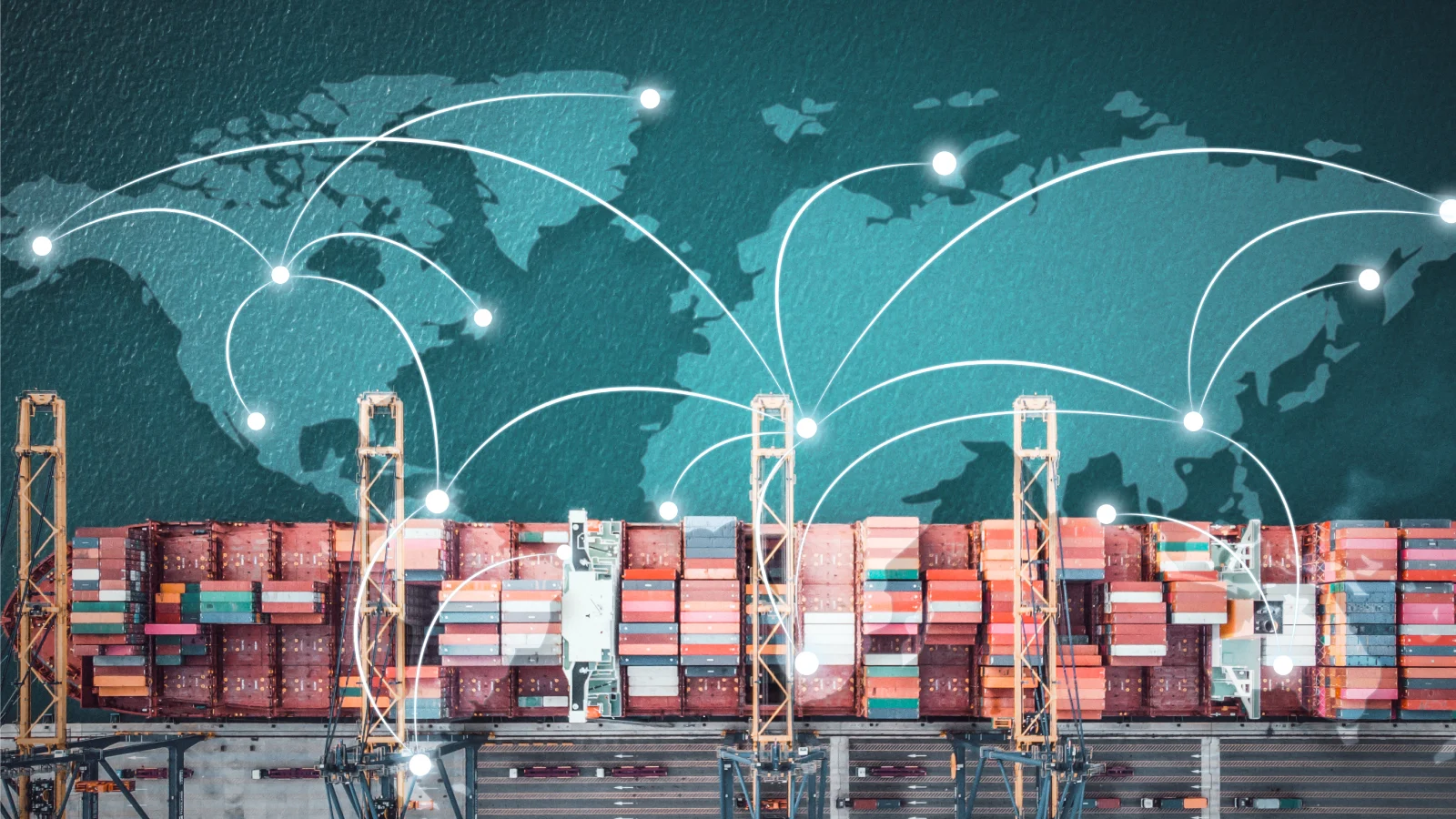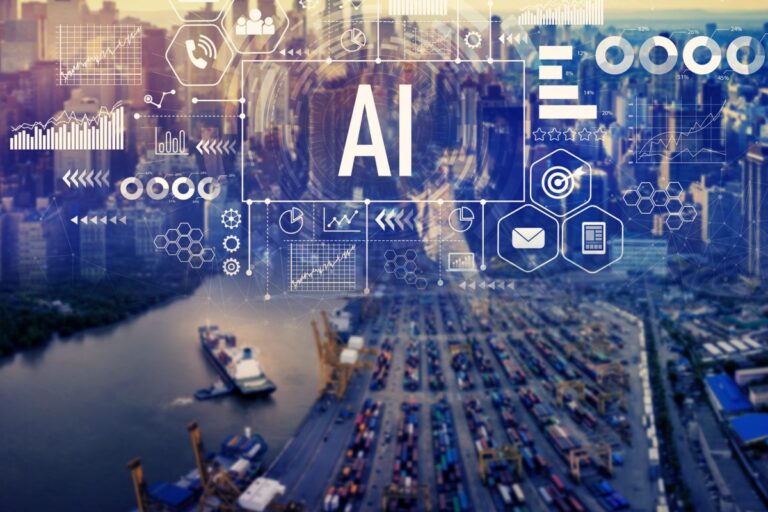The Future of Logistics in the GCC: How AI is Streamlining Supply Chain
The Gulf Cooperation Council (GCC) region, comprising of Saudi Arabia, Kuwait, the United Arab Emirates, Qatar, Bahrain, and Oman, has become a significant hub for trade and logistics in the past few years.
With the advent of Artificial Intelligence (AI), this sector is set for a revolutionary change that promises to enhance efficiency, reduce costs, and pave the way for innovation.
In this piece, we’ll dissect the specific opportunities AI presents to the GCC to streamline supply chain.
AI Powered Route Optimization
AI-powered route optimization has the potential to revolutionize supply chains around the world, including the GCC region. AI-powered route optimization uses machine learning algorithms to analyze factors such as weather patterns, traffic congestion, fuel costs, delivery deadlines, and driving conditions to chart out the fastest route for each delivery.
The benefits include not only faster shipping times, it reduces wear and tear and fuel consumption on the delivery fleet. It helps logistics companies make better decisions on transportation modes to use, be it train, truck, ship, or soon, unmanned aerial vehicles (delivery drones). The efficiencies have a clear economic benefit reducing carbon emissions.
Lastly, it can help with staffing issues by assigning orders to delivery personnel based on their workload, preventing mistakes and accidents due to fatigue and overwork.
Predictive Maintenance
AI-powered route optimization has the potential to revolutionize supply chains around the world, including the GCC region. AI-powered route optimization uses machine learning algorithms to analyze factors such as weather patterns, traffic congestion, fuel costs, delivery deadlines, and driving conditions to chart out the fastest route for each delivery.
The benefits include not only faster shipping times, it reduces wear and tear and fuel consumption on the delivery fleet. It helps logistics companies make better decisions on transportation modes to use, be it train, truck, ship, or soon, unmanned aerial vehicles (delivery drones). The efficiencies have a clear economic benefit reducing carbon emissions.
Data-driven fleet management will help logistics companies make better “lease vs buy” decisions and better compare vehicles against one another when investing in expanding their fleet.
Automated Warehouse Management
Warehouse management is a chokepoint in any logistics and distribution operation. The fastest delivery vehicles in the world mean nothing if you can’t find the product in the warehouse.
AI helps with warehouse management by analyzing inventory levels, order history, customer demand trends, and product location to minimize both stock outs and surplus. It can also help streamline supplier selection by measuring speed of delivery from suppliers.
It can help optimize layout of the warehouse and loading order in delivery vehicles reducing time to market and increasing accuracy. The increasing adoption of robotic automation and drones will help pick and pack with greater speed and accuracy than with manual labor alone.
Real-Time Freight Tracking
Real time freight tracking is nothing new to the industry, but AI will enhance its utility, specifically in the GCC region, which is known for its complex logistics infrastructure and challenging transport networks.
It can not only provide insight into shipment delays due to inclement weather or traffic, it can calculate and predict new shipping routes and modalities in real-time, dramatically reducing supply chain delays.
AI Powered Demand Forecasting
AI powered demand forecasting uses algorithms to analyze historical sales numbers to predict future consumer demand.
It’s more accurate and reliable than human analysis because the algorithms simultaneously take account multiple factors that influence demand such as seasonality, promotions, customer behavior, and even weather conditions, and of which affect the supply chain.
It uses advanced techniques such as machine learning, deep learning, and neural networks to continuously make more and more accurate predictions over time.
The real power of AI is its ability to account for rapid change, be it due to global events that affect supply chains such as labor issues, public health crises, or even political instability.
The ability to dynamically account for rapid changes in the market can dynamically and rapidly reduce the risk of stockouts or overstock and its applicable to a wide number of critical industries, from manufacturing, to logistics, to retail, to agriculture, to energy, to defense, and even healthcare.
Conclusion
AI will revolutionize the GCC logistics sector, ushering in a new era of efficiency and cost reductions. In our observation Wahyd is one of the companies, well positioned to take advantage of these trends and allows our customers to benefit from this gargantuan opportunity, without making massive investments into this technology themselves.





